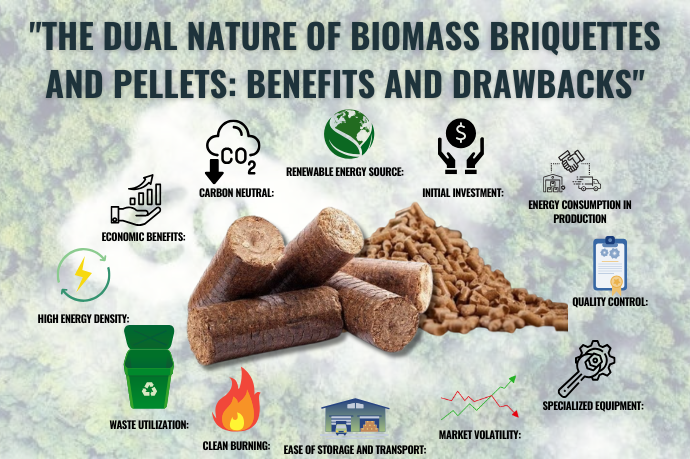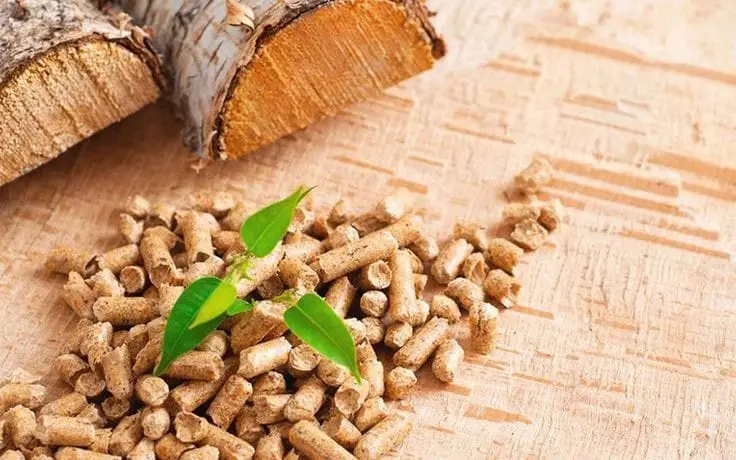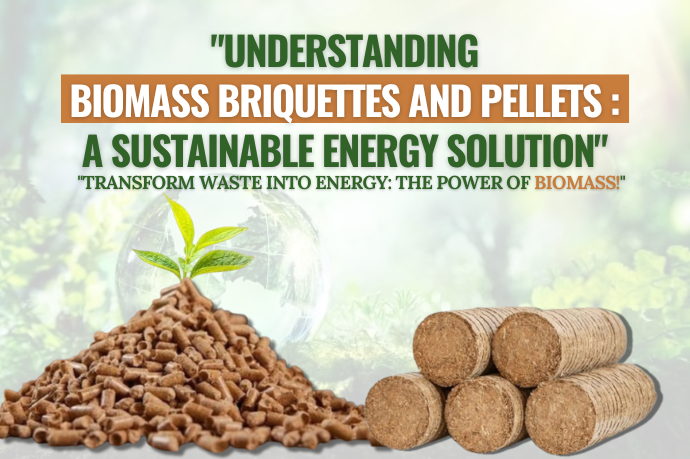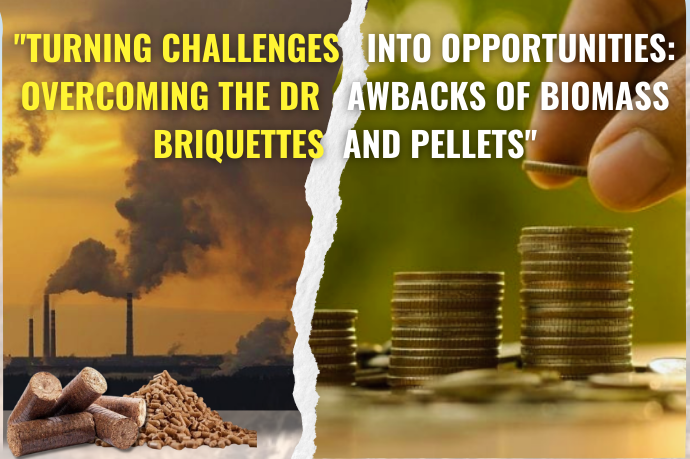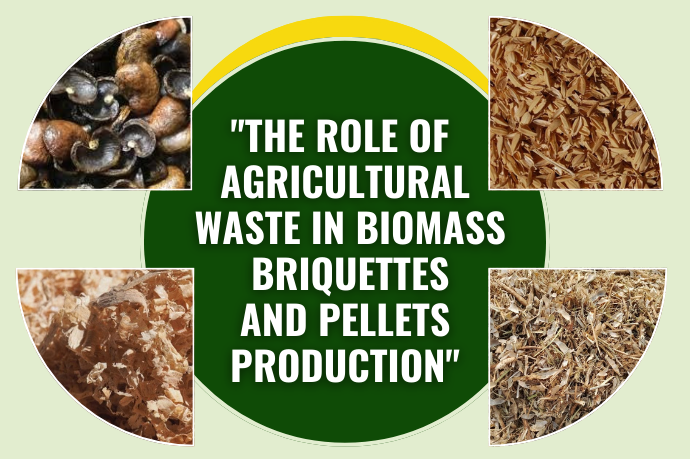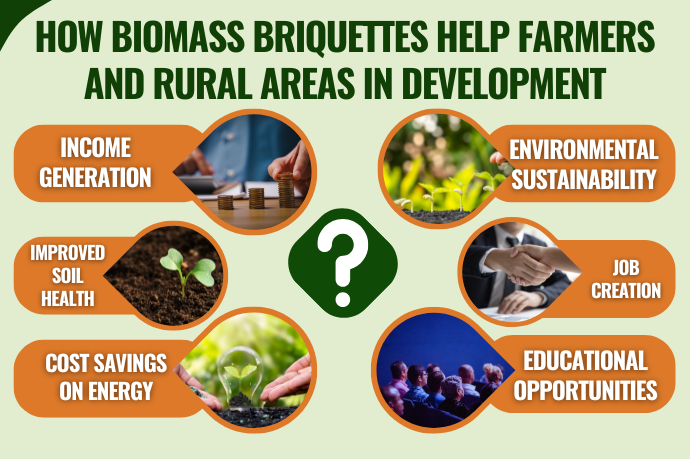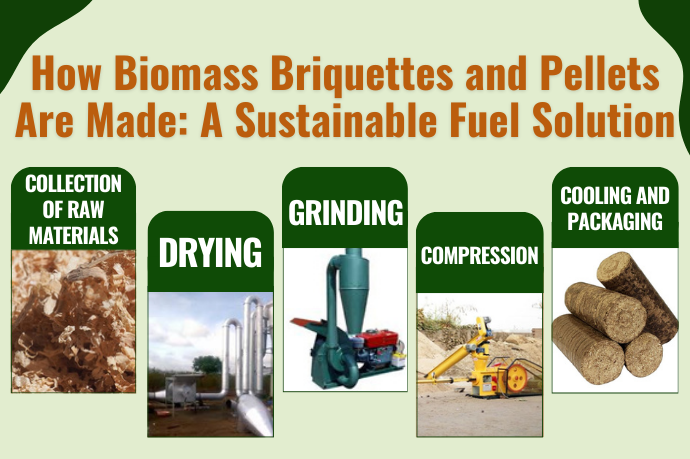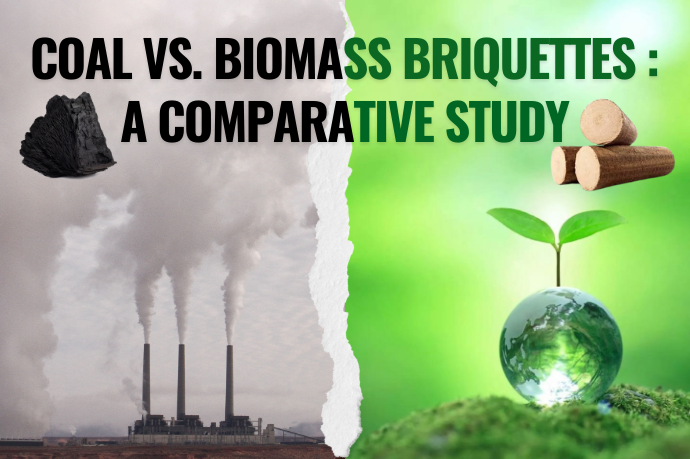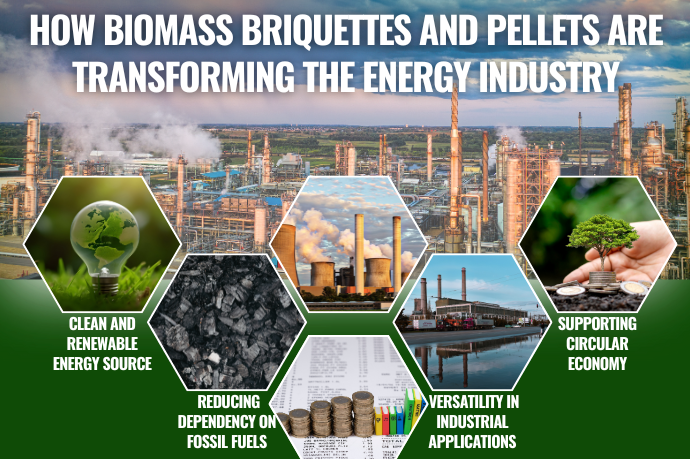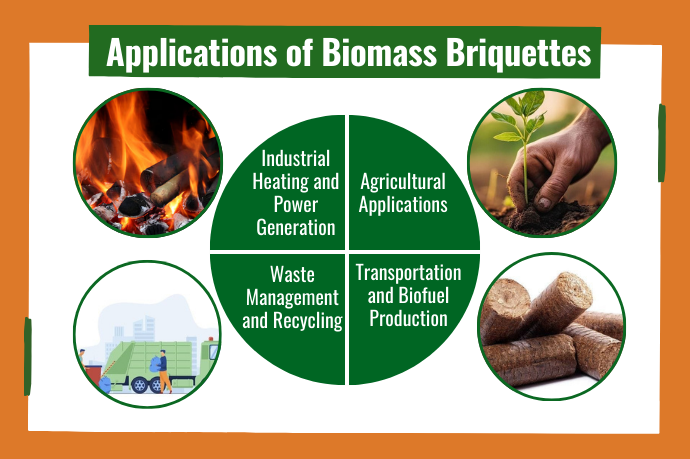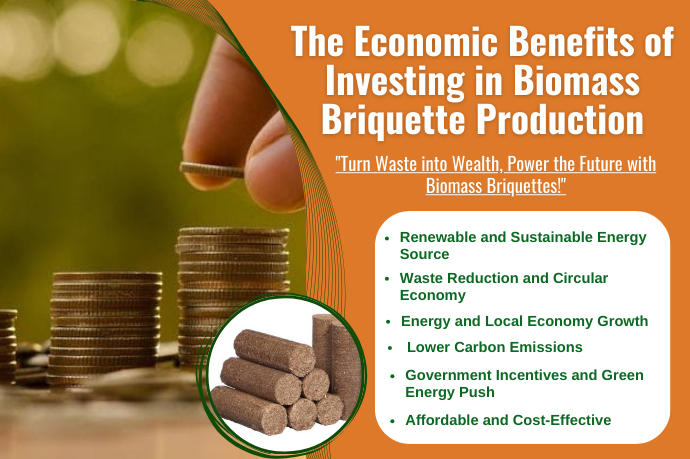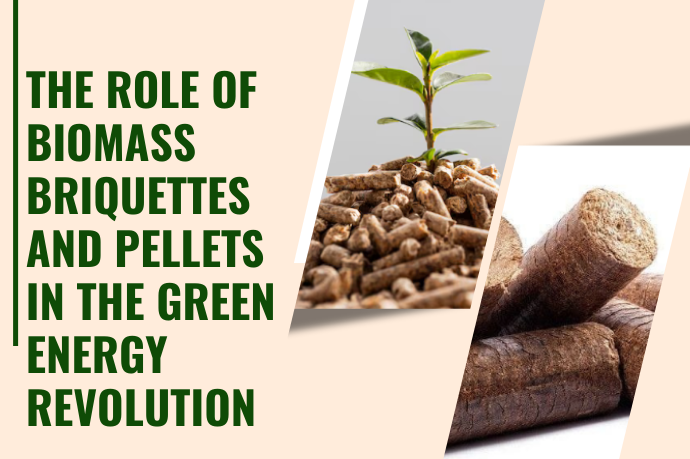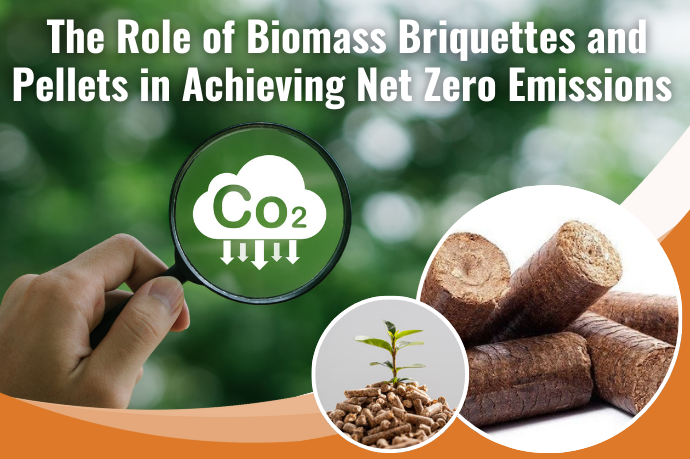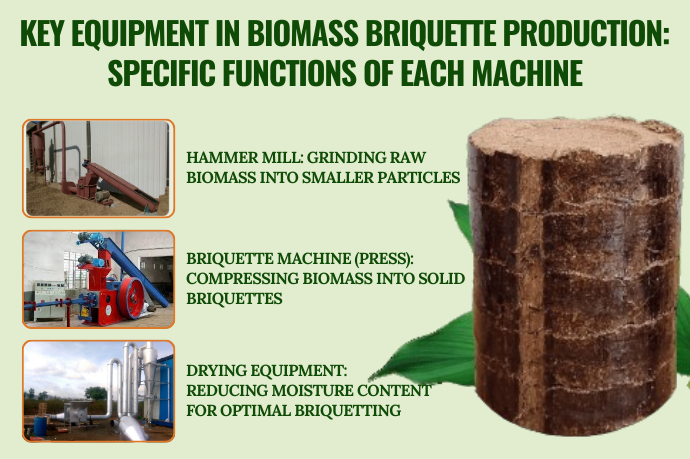Benefits and Drawbacks of Biomass Briquettes and Pellets
Benefits
1. Renewable Energy Source:
- Biomass briquettes and pellets are made from organic materials, making them a sustainable option that can be replenished.
2. Carbon Neutral:
- The carbon dioxide emitted during combustion is approximately equal to the carbon absorbed during the growth of the biomass, helping to mitigate climate change.
3. High Energy Density:
- Both briquettes and pellets have a high calorific value, making them efficient sources of energy for heating and power generation.
4. Waste Utilization:
- They utilize agricultural residues and waste materials, reducing landfill use and promoting waste management.
5. Clean Burning:
- When properly produced and burned, biomass briquettes and pellets emit lower levels of smoke and pollutants compared to traditional fossil fuels.
6. Ease of Storage and Transport:
- Their compact size and uniform shape make briquettes and pellets easy to handle, store, and transport.
7. Economic Benefits:
- The biomass industry can create local jobs and support rural economies, particularly in agricultural regions.
Drawbacks
1. Initial Investment:
- Establishing biomass production facilities requires significant capital investment, which can be a barrier to entry.
2. Quality Control:
- The quality of biomass briquettes and pellets can vary depending on the feedstock used and production methods, affecting combustion efficiency.
3. Dependence on Raw Materials:
- Consistent availability of suitable biomass feedstock is crucial. Supply chain disruptions can impact production.
4. Energy Consumption in Production:
- The processes involved in producing briquettes and pellets can consume energy, potentially offsetting some environmental benefits.
5. Moisture Sensitivity:
- Biomass briquettes and pellets can absorb moisture, which can lead to reduced heating efficiency and spoilage.
6. Specialized Equipment:
- Some heating systems may require specific equipment for optimal use of biomass, limiting compatibility with existing systems.
7. Market Volatility:
- Prices for biomass materials can fluctuate, affecting the financial viability of biomass production and utilization.
Conclusion
Biomass briquettes and pellets offer numerous benefits as renewable energy sources, but they also come with challenges. Understanding these benefits and drawbacks is essential for making informed decisions about their use in sustainable energy solutions.

